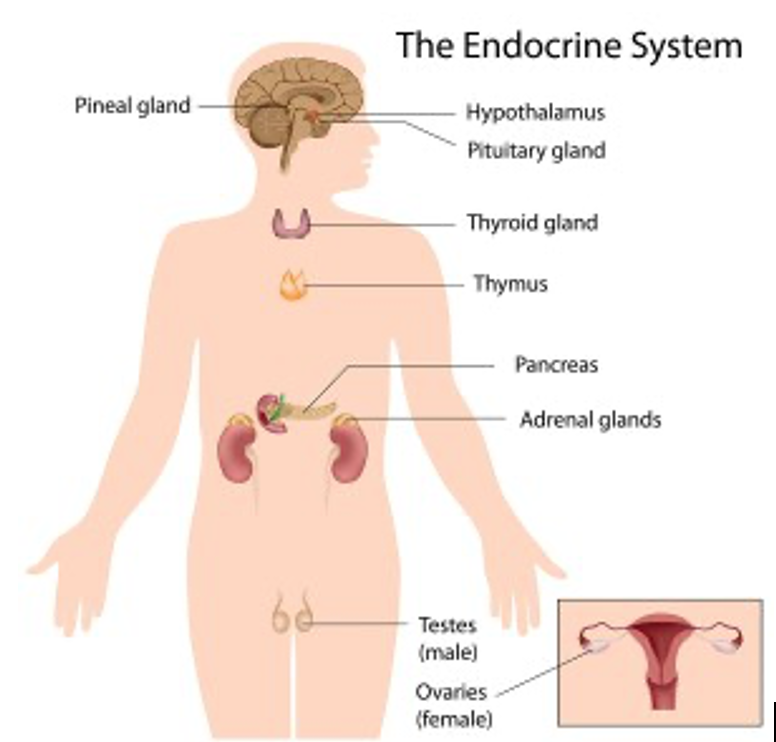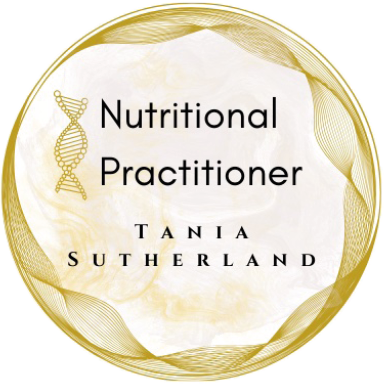Blog, weight loss
Unhealthy gut causes weight gain
 FIRSTLY HOW TO RECOGNISE THE SYMPTOMS THAT YOU HAVE AN UNHEALTHY GUT
FIRSTLY HOW TO RECOGNISE THE SYMPTOMS THAT YOU HAVE AN UNHEALTHY GUT
Recognising the signs of an unhealthy gut is crucial for maintaining overall well-being, as the gut plays a significant role in digestion, immunity, and even mental health. Common symptoms of an unhealthy gut include persistent digestive issues such as bloating, gas, diarrhea, constipation, or heartburn. Frequent fatigue or sleep disturbances may also indicate gut problems, as an imbalanced gut can affect sleep patterns and energy levels. Additionally, unexplained weight changes, whether gaining or losing weight without altering your diet or lifestyle, can signal gut health issues. Another indicator is skin irritation, such as eczema or acne, which can arise from inflammation related to gut imbalance. Furthermore, food intolerances or sensitivities might suggest an unhealthy gut, as it struggles to process certain foods efficiently. If you’re experiencing these symptoms persistently, it could be beneficial to consult a healthcare professional to explore potential underlying causes and appropriate treatments.
In layman terms how & why you gain weight because of leaky gut (unhealthy gut):
Unhealthy gut, leaky gut & stubborn fat (fatty bank)

The bacteria/toxins//gluten, parasites and so on, that leaks through the leaky gut into your blood stream, which enters in vital organs, through an lengthy process creates more carbs turning into (fats), visceral fat around organs, affecting communication with the hypothalamus(hypothalamus is responsible for a number of physiological functions, including growth rate, appetite and…..
weight regulation, blood pressure, breast milk production, mood, sleep, sex hormones, fertility, uterine contractions, kidney function, thyroid function, thirst, water balance and body temperature.) this is just a brief explanation, and the interplay of the endocrine glands and functions effecting the adrenal glands, kidney, thyroid functions, slowing down your metabolism, creating that stubborn fat, which is that difficult weight to loss
Hormonal & nervous system connection
A “leaky gut” negatively impact the hormonal or endocrine system known as the hypothalamic-pituitary-adrenal (HPA) axis .
The HPA axis is a negative-feedback circuit between the hypothalamus, the pituitary gland and the adrenals. Using hormones and the nervous system, these structures are in constant communication with one another to regulate certain bodily systems.
How to heal your gut
It takes 21 days for your subconscious mind and your hypothalamus gland to start pre-programming and recording your new healthy eating habits, developing new disciplined actions and behaviours, through your repetitive daily actions, raising your conscious awareness levels, building new pathways of perseverance, and having successful outcomes of your goals. Discipline starts with daily actions, repeating them consistently not just occasionally, will give you the weight you want and improve the quality of your life.

5 Foods & supplements to bring into your diet to for Healing an Unhealthy Gut or Leaky Gut (High Bacteria & Acidic Levels, Increased Parasites)
Here are 5 foods for Healing Unhealthy Leak Gut
Bone Broth –
This broth is rich in collagen and amino acids like proline and glycine, which can help repair damaged cell walls. Many of my patients have successfully completed a three-day bone broth fast to heal leaky gut and combat autoimmune diseases. It’s also beneficial for firming up during weight loss; you can prepare this broth and incorporate vegetables (avoiding potatoes) for weight-loss meals.
Raw Cultured Dairy –
These foods are packed with both probiotics and short-chain fatty acids (SCFAs) that can promote gut healing. Some of the best options include pastured kefir, yogurt, amasai, butter, and raw cheese.
Fermented Vegetables –
These contain organic acids that help balance intestinal pH and probiotics to support gut health. Excellent sources include sauerkraut, kimchi, and kvass.
Coconut Products –
All coconut products are especially beneficial for gut health. The medium-chain fatty acids (MCFAs) in coconut are easier to digest than other fats, making them ideal for those with leaky gut. Additionally, coconut kefir provides probiotics that bolster your digestive system. Consider using coconut oil for cooking.
Sprouted Seeds –
Sprouted chia seeds, flaxseeds, and hemp seeds are great fiber sources that encourage the growth of beneficial bacteria. However, if you have severe leaky gut, you may want to start by obtaining fiber from steamed vegetables and fruits.
Omega-3 fats are also beneficial —
include anti-inflammatory foods like grass-fed beef, lamb, and wild-caught fish such as salmon.
5 Supplements for Healing Leaky Gut
Probiotics – Incorporate both probiotic-rich foods and consider taking about 50 billion units of high-quality probiotics daily.
Digestive Enzymes – Take one or two capsules at the start of each meal.
L-Glutamine – This is essential for any program aimed at healing leaky gut. A dosage of 2–5 grams twice daily is recommended.
Licorice Root (DGL) – This adaptogenic herb helps balance cortisol levels and enhances stomach acid production. DGL supports the body’s natural mechanisms for maintaining the mucosal lining of the stomach and duodenum. Take 500 milligrams twice daily or enjoy it as a tea (infusion from the roots).
Quercetin – This supplement has been shown to improve gut barrier function by strengthening tight junction proteins. It also stabilizes mast cells and reduces histamine release, which is often linked to food intolerances, aiding in the healing of ulcerative colitis. A dosage of 500 milligrams three times daily with meals is recommended.
